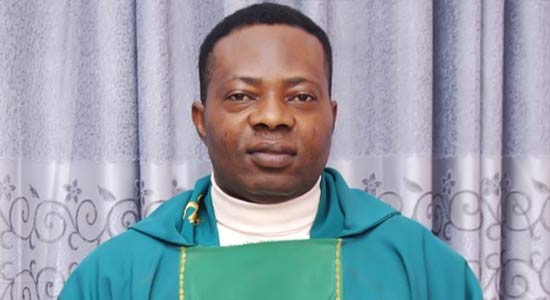NEWS UPDATES 22/02/2022
PenCom DG Rejects Nigerian Police’s Move To Leave Contributory Pension Scheme

Aisha Dahir-Umar, the Director-General, National Pension, PenCom, says that the Nigerian Police Force (NPF) has no reason to exit the Contributory Pension Scheme (CPS).
Dahir-Umar spoke at a public hearing on a bill to exclude the NPF from CPS as well as allow a retiree to be paid at least 75 per cent of his/her retirement benefits.
The D-G said that the Federal Government had so far made the CPS sustainable for its workers, including those in the private sector which had led to huge sums of money saved and invested in the country.
She said that the agitations of the NPF could be solved administratively and the agitation to leave was unnecessary.
“Through the CPS, government has successfully introduced transparency and efficiency. As such, the attempt for police to leave didn’t start today and it has been a recurrent decimal.
“Reason put forward by the police is the quantum of the benefits payable to officers of the force who have retired is small, as such it is a small issue that salary increment can solve,’’ she said.
According to Dahir-Umar, exiting the CPS is not a solution for the NPF because “Pension is a function of salary and as long as the salary of officers continues, then there is no need to exit.
“Acknowledging the challenges of the CPS, it is not perfect because there is no system that is efficient completely.”
Dahir-Umar said that since 2004, the commission had increased contributions to 18 per cent from 15 per cent, adding that the the Pension Reform Act (PRA) 2014 also allows for additional benefit payment.
“Eighteen per cent is a mandatory minimal that every employer is expected to pay, based on affordability, employer can do more,’’
According to the D-G, the second Bill is to “amend Sections I (C) 7 (2) 8 (1) 18, 24 and 99 of the PRA CAP50 LFN 2014 providing that a pensioner shall receive at least 75 per cent of his/her retirement benefits immediately upon retirement and criminalise undue delay in the payment of Pensions (BR 1000).
“Section 173 of the 1999 Constitution as amended says everyone who has worked and retired is entitled to periodic payment and the second bill goes contrary to the constitution,” Dahir-Umar.
According to her, the operators cannot be criminalised because they can only pay when government gives them money so if they don’t pay, you can’t send them to jail.”
The Speaker House of Representatives, Hon. Femi Gbajabiamila, represented by Hon. Peter Akpatason, said that the exercise was to improve welfare of senior citizens.
“We hope the bill will provide the needed solution and it is expected that it will enhance the pension industry.’’
The Chairman, House Committee on Pension, Mr Kabiru Rurum said the public hearing was to get opinions and provide an avenue for senior citizens to make their submissions.
“I urge stakeholders to critically make inputs that will improve the lives of retirees.”
The Inspector-General of Police, Baba Alkali, represented by the Deputy Inspector-General (DIG) of Police in charge of Operations, Salisu Lemu, said that the NPF should get equal treatment with the Armed Forces due to unpleasant experiences of officers in the scheme.
He said that the position of the force was that they should exit and handle their pension funds independently.
The Chief Executive Officer of Pension Operators Association of Nigeria (PenOp), Mr Oguche Agudah, said it was not sustainable for the NPF to exit the CPS.
He said that the country had moved from the Defined Benefit Scheme (DBS), adding “if we are to return, the Federal Government will need a minimum of N2 trillion’’.



